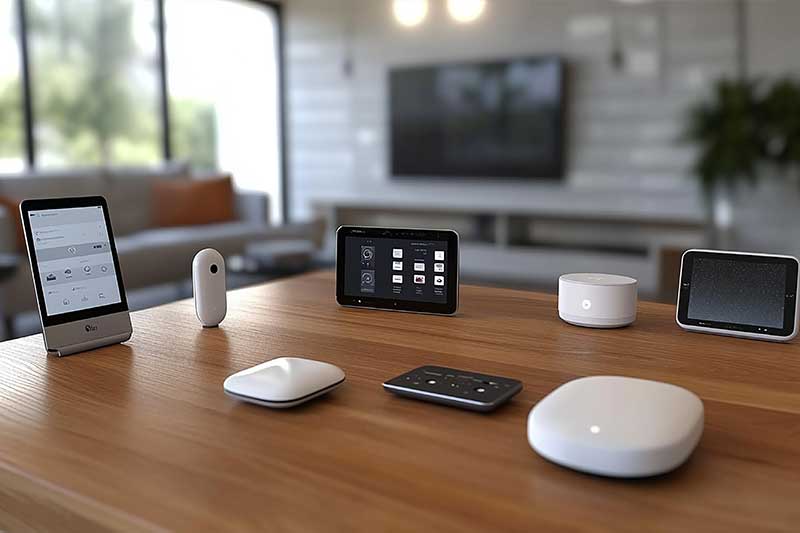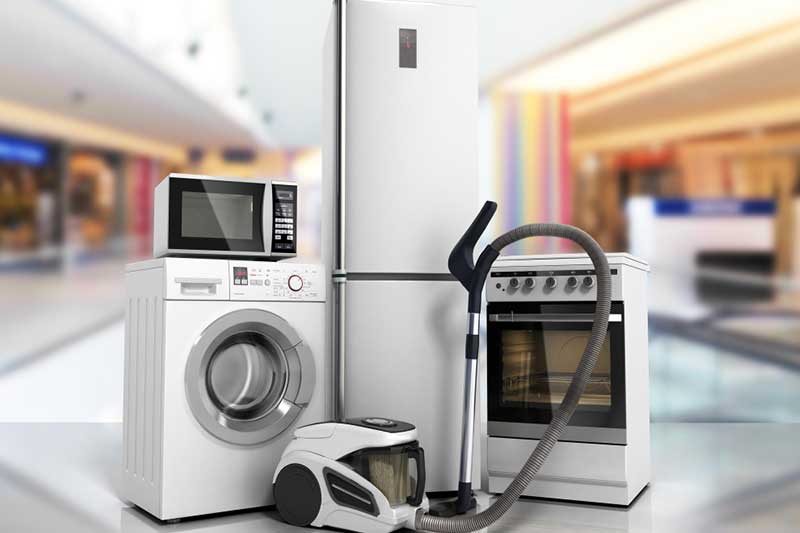Every Device Wants to Be a Platform: Why Ecosystems Beat Standalone Products

Walk through any major tech exhibition and you’ll notice something striking. Nobody is simply showing off a phone, a fridge, or a car in isolation anymore. Instead, companies are staging experiences. A smartphone is no longer just a communication tool, it’s the command center that unlocks doors, pays for groceries, and syncs seamlessly with a smartwatch. A car is no longer just about horsepower, it’s a rolling computer that integrates with apps, entertainment systems, and even your home thermostat. Exhibitors understand a simple truth: every device wants to rule the ecosystem.
From Standalone Gadgets to Digital Gateways
In the early days of consumer electronics, gadgets stood alone. Your phone made calls, your MP3 player held music, and your television displayed cable channels. Each device did its job, and that was enough. But as technology evolved, the boundaries blurred. A single device could suddenly do the work of many, and the companies behind them realized something even more valuable: if they could connect their products into one ecosystem, users would find it incredibly hard to leave.
Why Ecosystems Are More Powerful Than Products
A standalone product might impress at the moment, but an ecosystem builds a lifestyle. It offers continuity and convenience, wrapping users into a seamless experience that stretches across every device they touch. Once you’ve started a playlist on your speaker, switched it to your phone, and carried it into your car without missing a beat, it’s hard to imagine going back to juggling disconnected gadgets. Ecosystems don’t just add value, they multiply it.
For businesses, ecosystems are even more compelling. A single product is a one-time purchase. An ecosystem, on the other hand, is an ongoing relationship. It keeps users engaged through app stores, subscription services, cloud storage, and constant updates. That steady flow of revenue is why tech giants from Apple to Amazon are obsessed with expanding their platforms. The more services they tie together, the more loyal their customers become. Switching to another brand stops being a simple decision and starts feeling like uprooting an entire digital life.
Trade Shows: The Battlefields of Ecosystems
Trade shows and expos make this competition impossible to ignore. Step onto the floor at CES or IFA, and you’ll see it play out booth by booth. Companies aren’t just displaying gadgets on pedestals; they’re building miniature worlds where everything connects. A smartwatch doesn’t just tell time, it demonstrates how it can control your treadmill, measure your heart rate, and send the data to your fridge screen. A car doesn’t just sit under bright lights it’s showcased syncing with a voice assistant, adjusting your home’s climate as you drive. Exhibitors know the device itself isn’t the star anymore. The ecosystem is.
The Tech Titans Chasing Ecosystem Dominance
Apple has built a famously tight-knit ecosystem, ensuring that every device from iPhone to MacBook to AirPods reinforces the others. Google plays the scale game, weaving Android, AI, and cloud services across countless brands and devices. Amazon stretches Alexa into everything it can, from speakers to ovens to vehicles. Even Tesla has reframed the car, not as hardware but as a software-driven platform that grows more valuable with every update.
Smaller brands are catching on too. Peloton sells not just exercise equipment, but a connected fitness community. Gaming consoles like PlayStation and Xbox aren’t only about graphics they’re about digital services, streaming platforms, and networks that bind players into long-term loyalty. At trade shows, these strategies come alive, and the winners are rarely those with the flashiest gadget. The winners are the exhibitors who prove their ecosystem can rule your world.
The Consumer’s Golden Cage
For consumers, this interconnected future is both a blessing and a trap. On one hand, life has never been so seamless. Your devices talk to one another, anticipate your needs, and make the digital world feel intuitive. On the other hand, ecosystems create lock-in that can feel suffocating. Once you’re deep inside one, moving to another can mean starting over entirely. It’s a golden cage: comfortable, familiar, and almost impossible to walk away from.
The Future Belongs to Ecosystems
Looking ahead, the competition will only intensify. Emerging technologies like augmented reality glasses, connected health monitors, and smart appliances are being designed from the beginning with ecosystems in mind. The goal is no longer to sell the shiniest gadget on the shelf, it’s to capture users inside a system that grows with them.
In the end, that’s why every device wants to rule the ecosystem. Products might grab attention, but platforms capture loyalty. Exhibitors know it, tech giants know it, and increasingly, consumers are living it. The future of technology won’t be decided by standalone devices. It will be decided by the ecosystems that weave themselves so deeply into our daily lives that we can’t imagine functioning without them.
Conclusion: Platforms, Not Products, Win the Game
In the end, every device wants to rule the ecosystem because ecosystems are the true currency of digital dominance. Products may win headlines, but ecosystems win loyalty. Exhibitors know it, tech giants know it, and consumers live it every day. The future of technology will not be defined by standalone gadgets, no matter how innovative they seem. It will be defined by the platforms that weave those gadgets into a unified, unshakable ecosystem. And the companies that master this art won’t just sell devices they’ll own the digital lifestyles of entire generations.
More News
B2B Engagement Strategies for Consumer Electronics Brands
In the rapidly evolving landscape of consumer electronics, standing still is not an option. Whether you’re a manufacturer, distributor, retailer, or technology…View More
What Makes Some Appliances Household Names That Last for Generations
Some products don’t just enter homes they transform them. The low hum of a refrigerator, the quick heat of a microwave, or…View More
What India’s Booming Middle Class Means for Consumer Electronics Brands
India’s middle class is no longer an emerging economic force, it’s a defining one. Over the last decade, this segment has rapidly…View More
India’s Love for Smartphones: Market Trends, Innovations & Future Outlook
India has emerged as one of the world’s largest and most dynamic smartphone markets. With over 750 million smartphone users and counting,…View More
Why Consumer Electronics Trade Shows Are Crucial for Industry Professionals?
Consumer electronics is an ever-evolving industry, with groundbreaking innovations emerging at a rapid pace. For industry professionals—whether manufacturers, distributors, retailers, or tech…View More
Download
Register Now
Show Countdown
Bharat Mandapam (Pragati Maidan), New Delhi, India
Date will be announced soon.






